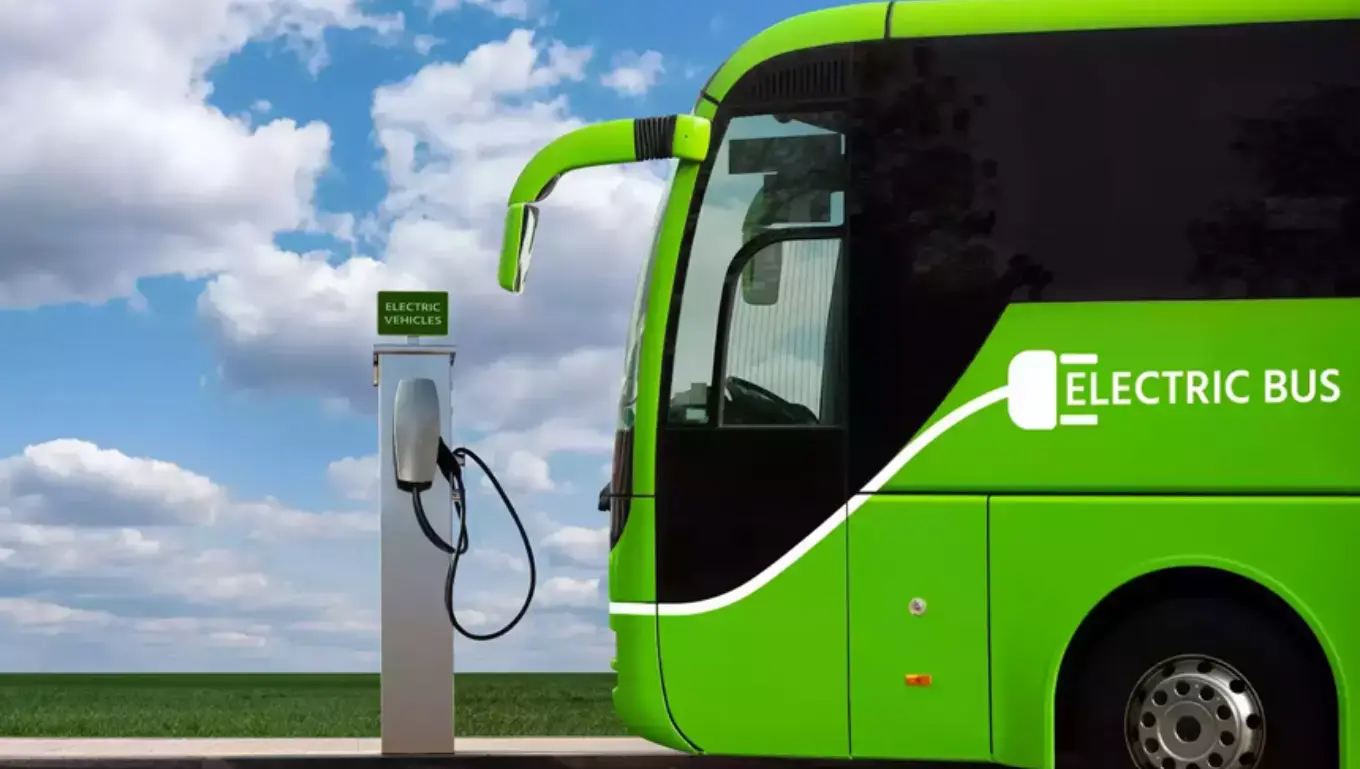
Delhi mandates clean-fuel transport from 2026, restricting entry to BS-VI, CNG, LNG, and electric vehicles
Green Mobility Revolution – Delhi is taking a bold step towards sustainable urban mobility, with a new mandate that will restrict entry to only clean-fuel buses, app-based cabs, and e-commerce fleets starting January 1, 2026. This move, announced by the Commission for Air Quality Management (CAQM), aims to combat air pollution, which has plagued the national capital for decades.
With Delhi ranking among the world’s most polluted cities, the government is accelerating its transition to eco-friendly transportation, ensuring that only BS-VI diesel, CNG, LNG, or electric vehicles operate within the city limits.
What the New Transport Mandate Means for Delhi
Key Changes Effective from 2026
- Only clean-fuel buses (BS-VI diesel, CNG, LNG, or electric) will be allowed into Delhi.
- App-based cab services must transition to electric or CNG vehicles.
- E-commerce fleets must adopt zero-emission delivery vehicles.
- Commercial goods vehicles that do not meet BS-VI norms will be banned from entering Delhi starting November 1, 2025.
Why This Move Is Necessary
Delhi’s transport sector is a major contributor to air pollution, especially during winter months when toxic smog blankets the city. The new mandate builds on earlier restrictions, ensuring that older, polluting vehicles are gradually phased out.
Impact on Public Transport & Ride-Hailing Services
Public Transport Overhaul
Delhi’s bus fleet will undergo a massive transformation, with the government targeting 100% electric public transport by 2026.
- 400 new electric buses have already been deployed under the Delhi Electric Vehicle Interconnector (DEVi) initiative.
- 2,080 more electric buses will be added by the end of 2025.
- 13,700 public charging stations will be installed across the city by 2030.
App-Based Cabs Must Go Green
Ride-hailing services like Uber and Ola will be required to transition their fleets to electric or CNG vehicles starting January 1, 2026.
- No new diesel or petrol-run vehicles will be permitted for induction.
- Existing internal combustion engine (ICE) vehicles may continue to operate temporarily.
E-Commerce Fleets: The Push for Sustainable Deliveries
Mandatory EV Adoption for Logistics Companies
Delhi is taking a progressive step toward sustainable urban logistics, with a push for eco-friendly e-commerce fleets starting 2026. In response to rising pollution levels, the Delhi government has mandated that all e-commerce delivery vehicles must transition to electric or clean-fuel options such as CNG and LNG.
Major e-commerce players like Amazon, Flipkart, and Zomato are already working toward this transition, investing in electric delivery bikes, vans, and autonomous last-mile solutions. The shift not only benefits environmental health but also helps companies reduce long-term operational costs with cheaper fuel alternatives and government incentives.
Key Changes in Sustainable Deliveries:
- Mandatory adoption of EVs or clean-fuel vehicles for logistics companies.
- Government subsidies & tax exemptions for e-commerce firms investing in green fleets.
- Expansion of charging infrastructure across Delhi to support widespread EV usage.
This initiative is expected to significantly cut carbon emissions, reduce air pollution, and create a greener, more efficient delivery network. As New Delhi embraces sustainable mobility, its efforts could set a benchmark for other cities worldwide striving for cleaner logistics solutions.
Challenges & Implementation Strategy
Potential Roadblocks
- High upfront costs for electric vehicle adoption.
- Infrastructure gaps in charging stations.
- Resistance from transport operators due to transition costs.
Government’s Action Plan
- Subsidies & incentives for EV adoption.
- Expansion of charging infrastructure across Delhi.
- Strict enforcement measures to ensure compliance.
Conclusion – Green Mobility Revolution of Delhi
Delhi’s clean-fuel transport mandate is a game-changing initiative that will reshape urban mobility, reduce pollution, and accelerate India’s transition to sustainable transportation. While challenges remain, the government’s commitment to green mobility signals a new era for Delhi’s transport ecosystem.
As the 2026 deadline approaches, businesses, commuters, and policymakers must work together to ensure a smooth transition towards a cleaner, healthier Delhi.
Stay updated with the latest news on Rapido Updates. Keep yourself updated with The World, India News, Entertainment, Market, Gadgets, and many more.